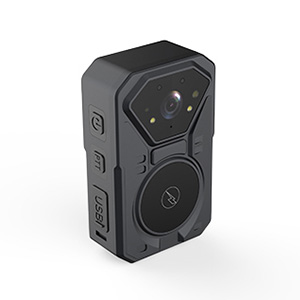
# Police Body Worn Cameras: Enhancing Transparency and Accountability
## The Rise of Body Worn Cameras in Law Enforcement
In recent years, police body worn cameras (BWCs) have become increasingly prevalent in law enforcement agencies worldwide. These small devices, typically attached to an officer’s uniform, record audio and video interactions between police and the public. The adoption of this technology has sparked important discussions about transparency, accountability, and police-community relations.
## How Body Cameras Improve Policing
Body cameras serve multiple purposes in modern policing:
– Objective documentation of encounters
– Protection for both officers and civilians
– Evidence collection for investigations
– Training tool for police departments
– Deterrent against misconduct
Studies have shown that when officers wear cameras, both police and civilians tend to behave more professionally during interactions. The presence of recording devices often leads to de-escalation of tense situations and reduces complaints against officers.
## Addressing Privacy Concerns
While body cameras offer numerous benefits, they also raise important privacy considerations:
– When should recording be mandatory vs. discretionary?
– How long should footage be retained?
– Who should have access to the recordings?
– How to balance public transparency with individual privacy rights?
Many departments have developed detailed policies to address these concerns, often requiring officers to announce when they’re recording in non-emergency situations and establishing protocols for handling sensitive footage.
## Impact on Community Trust
The implementation of body cameras has shown promise in rebuilding trust between law enforcement and communities:
– Increased transparency in police operations
– More accountability for officer actions
– Better resolution of complaints and disputes
– Improved public perception of police work
When used properly, body cameras can provide an unbiased account of police-public interactions, helping to clarify what actually occurred during controversial incidents.
Keyword: police body worn camera
## Future Developments in Body Camera Technology
As technology advances, we can expect to see:
– Improved video quality and battery life
– Automatic activation features
– Integration with other law enforcement systems
– Enhanced data analytics capabilities
– Better solutions for redacting sensitive information
These advancements will likely make body cameras even more effective tools for promoting transparency while addressing current limitations.
## Conclusion
Police body worn cameras represent a significant step forward in modern law enforcement. While not a panacea for all policing challenges, they provide an important tool for enhancing accountability, improving officer performance, and building public trust. As departments continue to refine policies and technology evolves, body cameras will likely play an increasingly vital role in 21st century policing.
